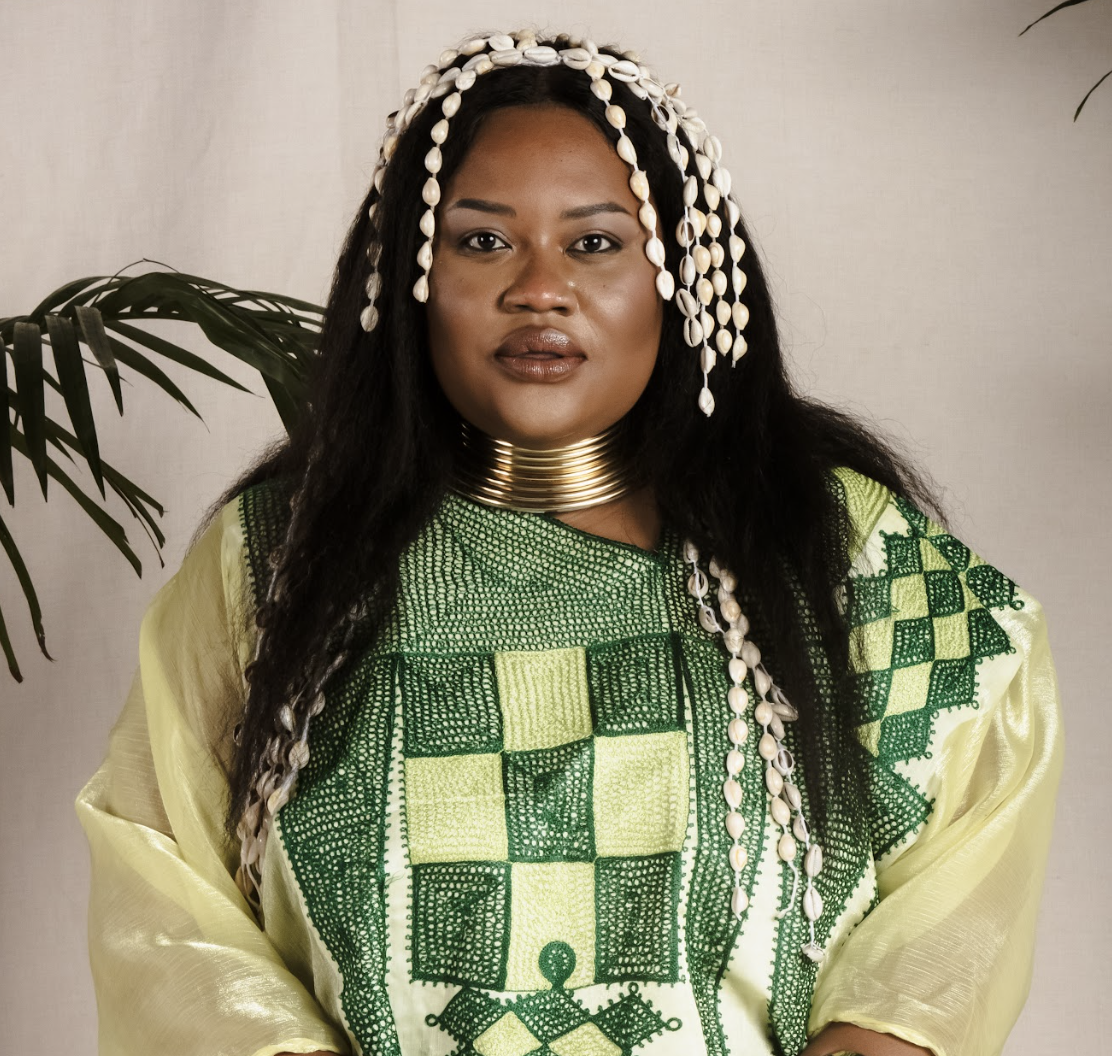Fatou Wurie - When Trust Returns
Fatou remembers her womb speaking through rage.
At just ten years old, she bled through sheets, uniforms, and chairs. Her periods were heavy and unrelenting, the clots large, the pain unbearable. Yet what she received was not compassion but blame. Teachers, relatives, and peers framed it as weakness or fault, leaving her to carry both the physical agony and the shame. Month after month, she lived through a cycle that consumed her body and spirit. The silence around her pain grew louder than the bleeding itself.
Her body gave her more signals. Weight fluctuations. Random hair growth. Mood swings she could not explain. None of it was recognized as a condition or treated with seriousness. These were brushed aside as part of “growing up.” So Fatou endured in silence, believing that pain was simply her inheritance as a woman.
It was not until she turned thirty-three and began asking about fertility that she was given an answer. A scan revealed a ten-centimeter fibroid lodged inside her womb. After decades of unanswered questions, she finally had a name for what she was living with. But the relief of clarity was quickly overshadowed. She was told bluntly that she could not have children. It felt like her womb had been reduced to absence and impossibility.
Later, after surgery, a second opinion offered a different truth: she could still conceive. The swing from despair to relief was overwhelming. What had once felt like a door slammed shut was now cracked open again. This whiplash between dismissal, diagnosis, and hope left her both shaken and determined.
Not long after, she gave birth to her daughter. That moment was transformative, not only because she became a mother, but because she reclaimed something within herself. Birth gave her clarity. It allowed her to reimagine her womb not as a site of rage, but as a vessel of resilience and continuity.
Even as the fibroids returned, fear did not. Fatou had found language, knowledge, and community. She no longer lived at the mercy of silence. Her womb now felt awake, alert, and fully present. What once was rage had become awareness.
In this awakening, Fatou saw her story as part of something larger. She realized that millions of women were moving through the same cycles of neglect, invisibility, and delayed care. Her experience became the seed of Youterus Health. By founding the organization, she transformed her personal pain into a collective mission. Her story was no longer just her own. It was evidence, it was data, it was a demand for change.
Through Youterus Health, she chose to break the silence for others who might not yet have the words. She began to shape new pathways for care, ensuring that uterine health is not sidelined until crisis but placed at the heart of health systems.
Fatou’s journey, from a girl silenced by shame to a woman building systems of dignity, carries a truth that must not be ignored. What women carry is not their fault. No one should have to carry it alone. And when trust returns to the body, it becomes possible to reimagine health not just as survival, but as wholeness.

